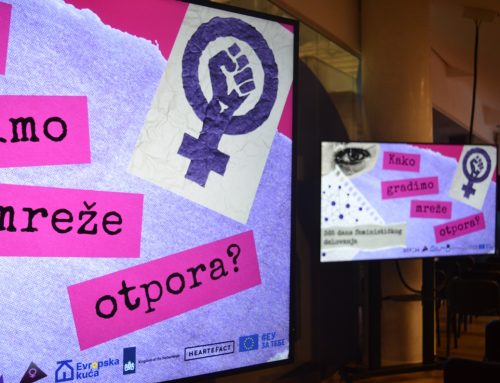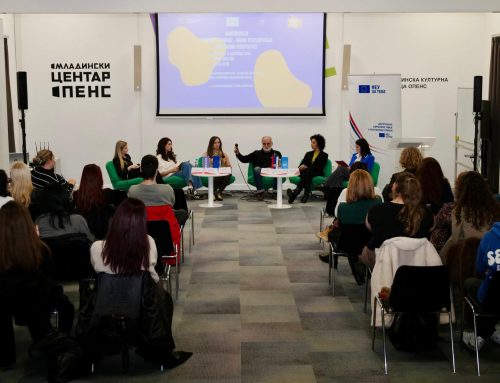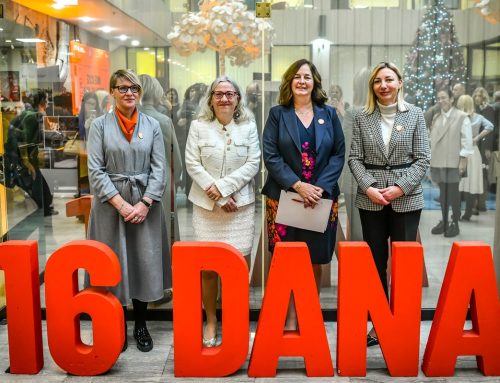On the way to The European Research Area, it is important that the countries acceding to the European Union (EU) fully participate in the framework research programmes, as well as take the necessary measures to ensure the implementation of the Framework Programme for Research and Innovation – Horizon Europe.
In order to demystify and encourage participants from Serbia to join European programmes, the EU Delegation to Serbia launched a series of talks under the title ‘Ask me Anything about the EU Support’. Every two weeks, through conversations with the representatives of the programme and the representatives of the user institutions, this series brings together and shares information and experiences, and encourages greater local participation. Today, at the EU Info Centre in Belgrade, we hosted Gordana Vlahović, Head of International Affairs Office of the Faculty of Sciences in Novi Sad and the national contact person for the components, Marie Sklodowska-Curie, from the European Research Council within the Horizon Europe Programme, as well as a representative of one of the most successful user programme institutions Tanja Adnađević on behalf of the Centre for the Promotion of Science. We talked with them about what and how the EU programme Horizon Europe can help us.
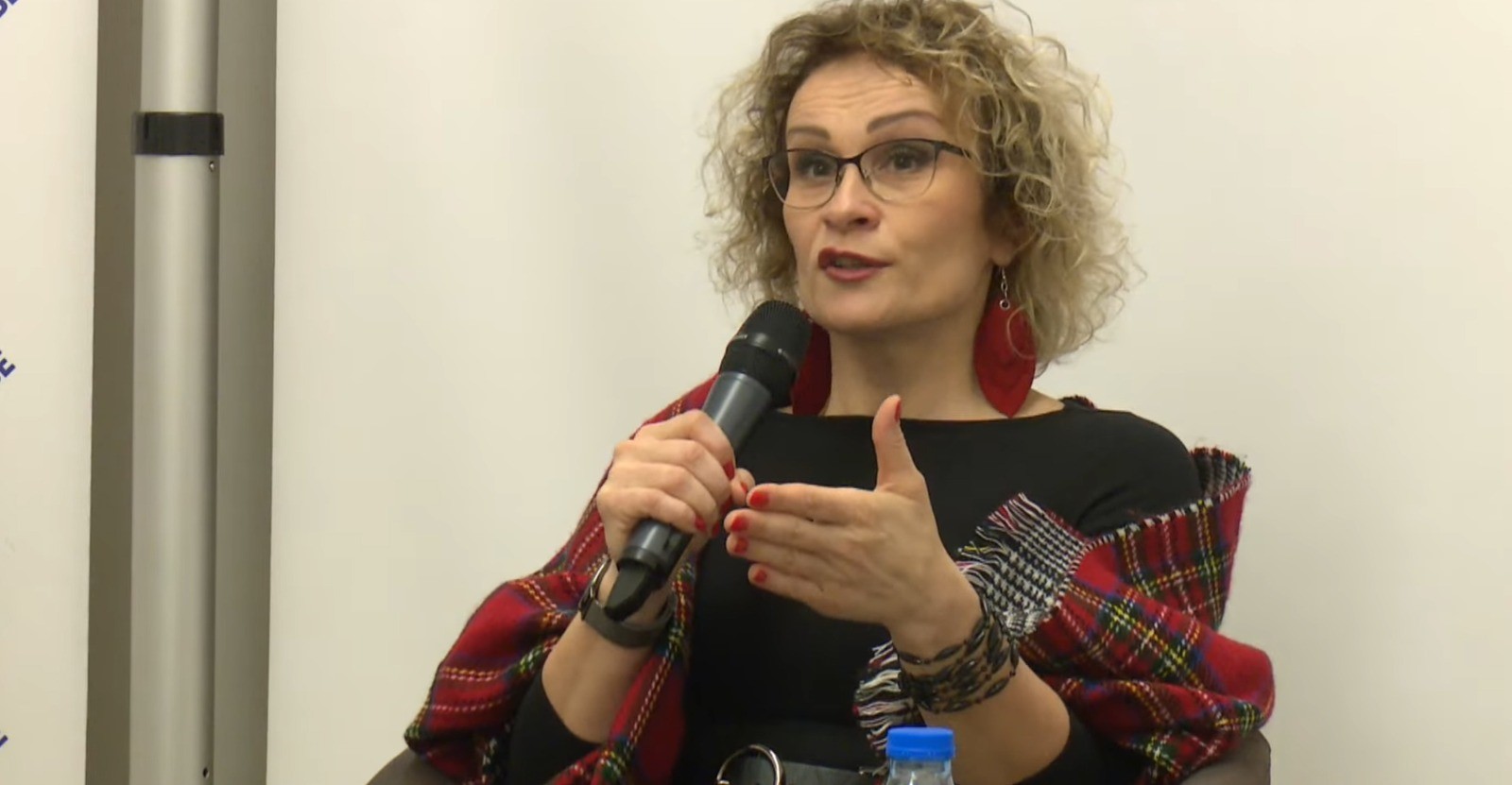
“This programme encourages all participants to join it. When I say all, I also mean institutions from the academic sector, as well as from a wide spectrum of the non-academic community. A special emphasis is perhaps on the cooperation of science, innovation and economy, so that the results of these synergies find their way to the market,” said Vlahović.
“Apart from the three main pillars of this programme, I would like to mention another one that is very important for us – Widening participation and strengthening the European Research Area. This is a segment of the programme where countries, such as Serbia, which are weaker in creating innovations compared to the EU average, get the opportunity to, with a clear aim and with the help of their more experienced and successful partners from Europe, strengthen themselves through twinning and teaming projects and thus build their capacities. Capacity building is not limited only to scientific and research, but also to human and administrative resources,” emphasised Vlahović.
But in addition to a good idea and a network of partners, institutional support for scientists and researchers within their institutions is also very important. Complexity and professionalisation require the inclusion of a more serious support system than was previously the case. Fortunately, we are also making progress in that direction.
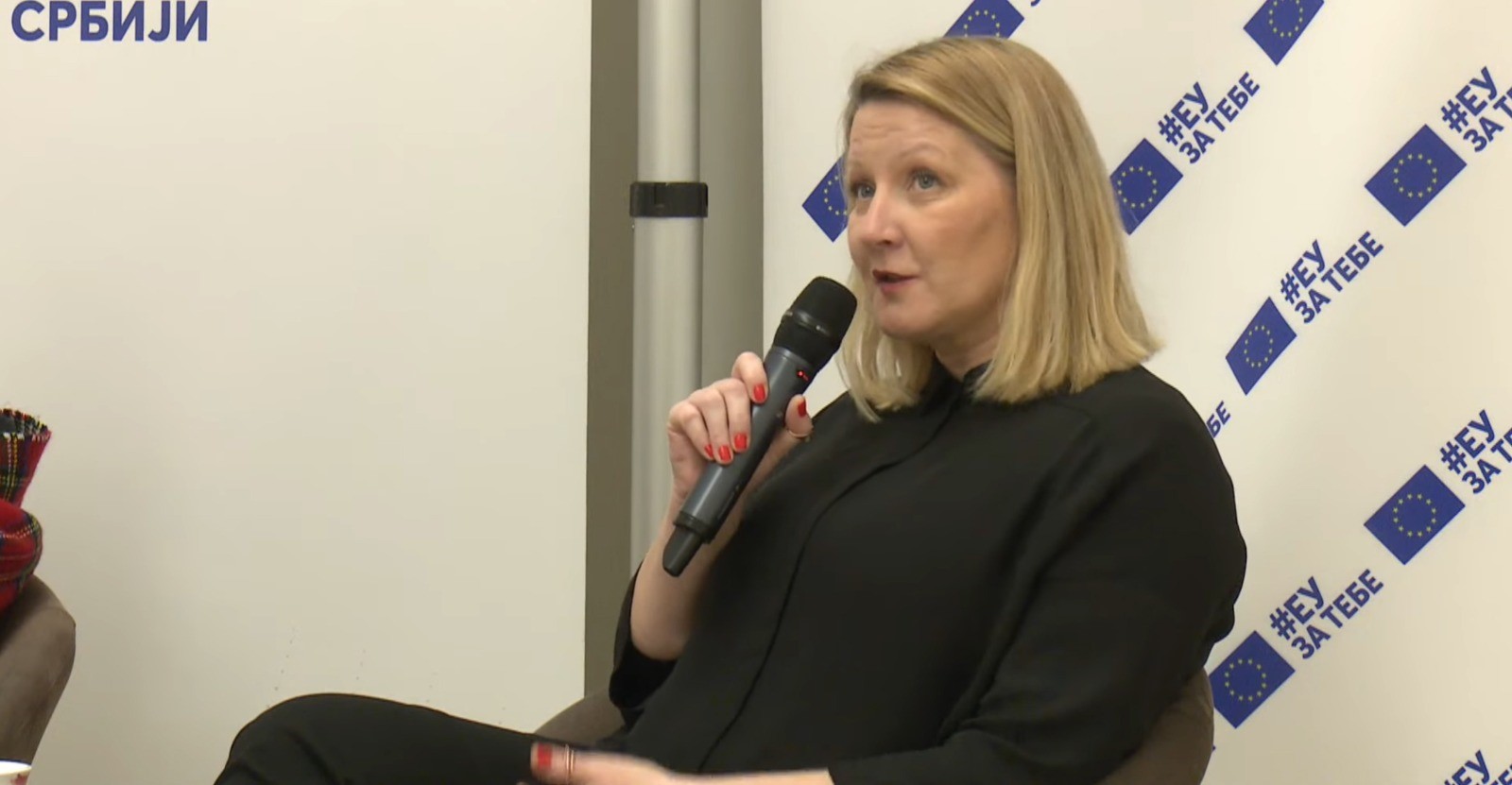
“It is very important and I want to praise scientific and research institutions, but also other institutions that turn to EU funds, and which have recognised the importance of institutional support for scientific and research teams,” said Adnađević.
In the field of science and innovation, the EU does not seek to adopt EU rules into the national legal order. Good administrative capacities as well as excellence in science are necessary to successfully implement research and innovation projects together with the partners from EU member states and international partners.
Within this sector, the EU in Serbia encourages the quality of science, through the implementation of numerous researches, innovations and connections in the fields of science, education and economy, which increases the competitiveness of the Serbian economy. As part of the joint research space, Serbian scientists are enabled mobility and training throughout the EU, where they have access to new technologies and modern laboratories. On the other hand, the Serbian scientific space, as part of the European research space, is becoming more interesting to European and world scientific research staff.
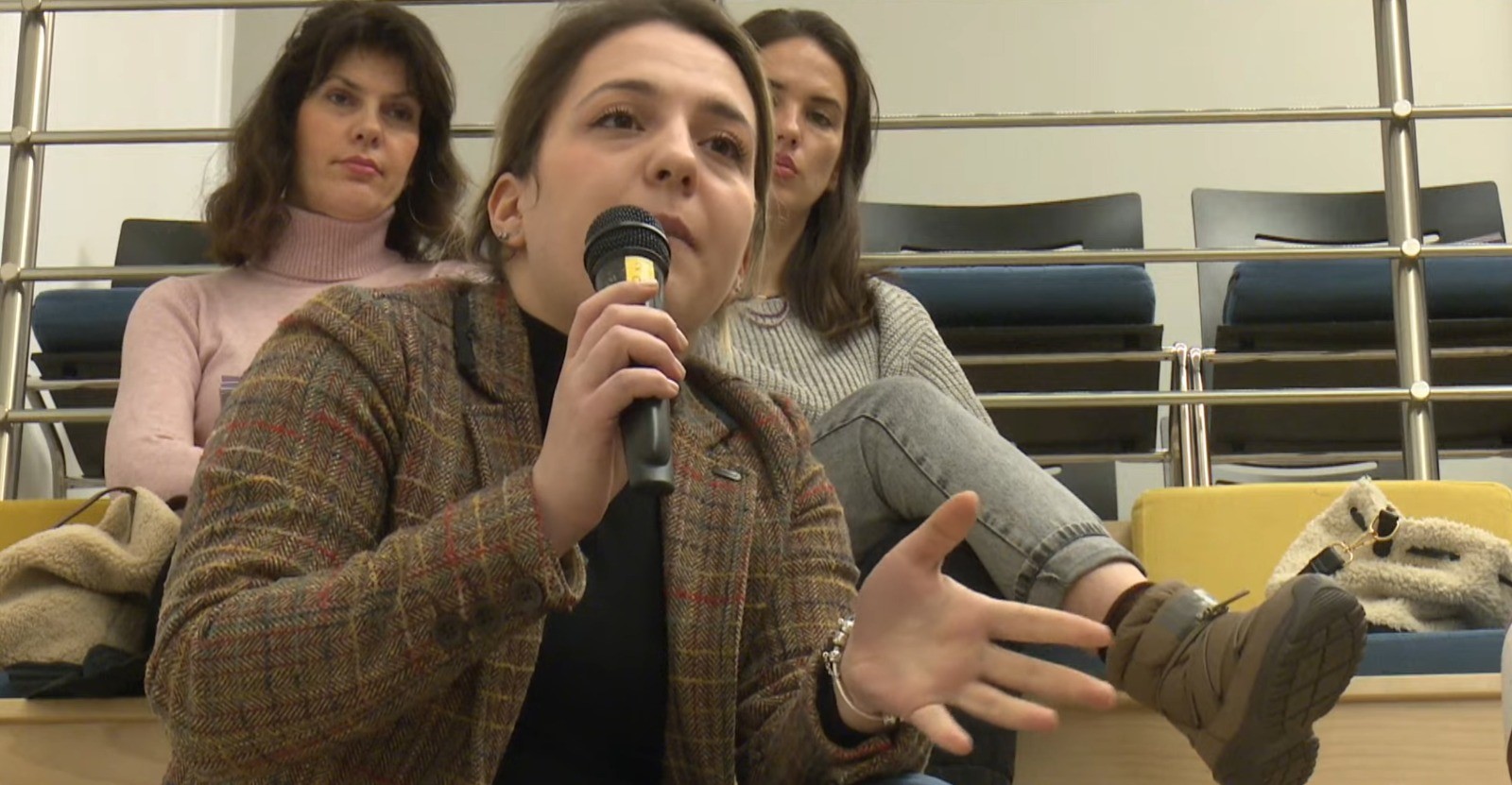
The European Union’s support for innovation and competitiveness in Serbia is worth more than 200 million euros for the period from 2014 to today. The funds intended for this sector are used to encourage the quality of science, innovation and connections with European and international scientists and entrepreneurs, thereby increasing the competitiveness of the Serbian economy. Since 2014, Serbia has been a beneficiary of the Framework Programme for Research and Innovation – Horizon Europe.
The EU encourages the development of science and innovation in order to create technological preconditions for the development of competitiveness and economy throughout Europe. For the citizens of Serbia, the EU enabled the use of common research space and training in the EU countries, which made Serbian scientists more visible to the European and world scientific community.
The support of the European Union is carried out in cooperation with the Government of Serbia. The European Union is a bigger donor for the development of Serbia than all other international donors combined. Donations from the European Union are used for the development of Serbia.


